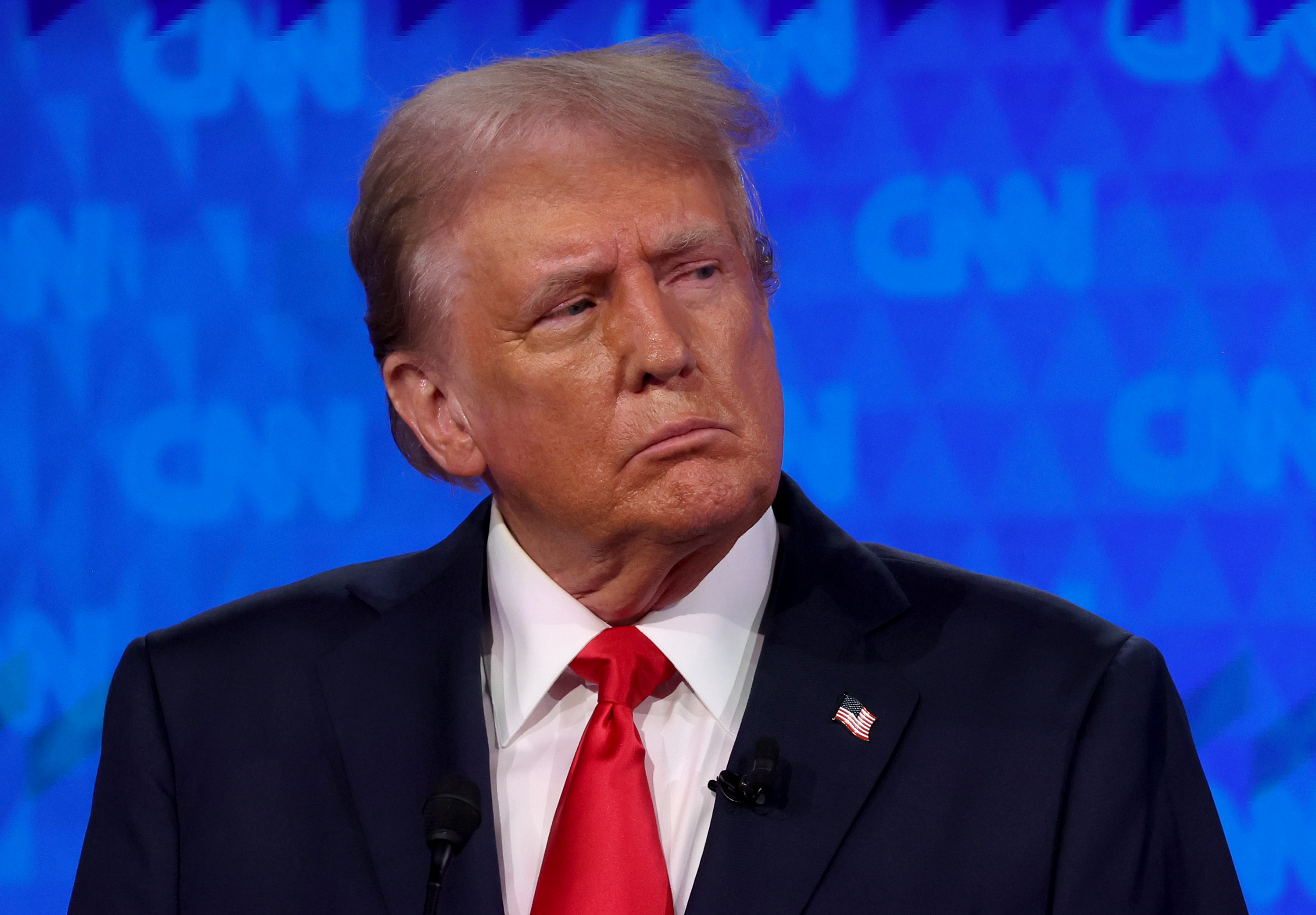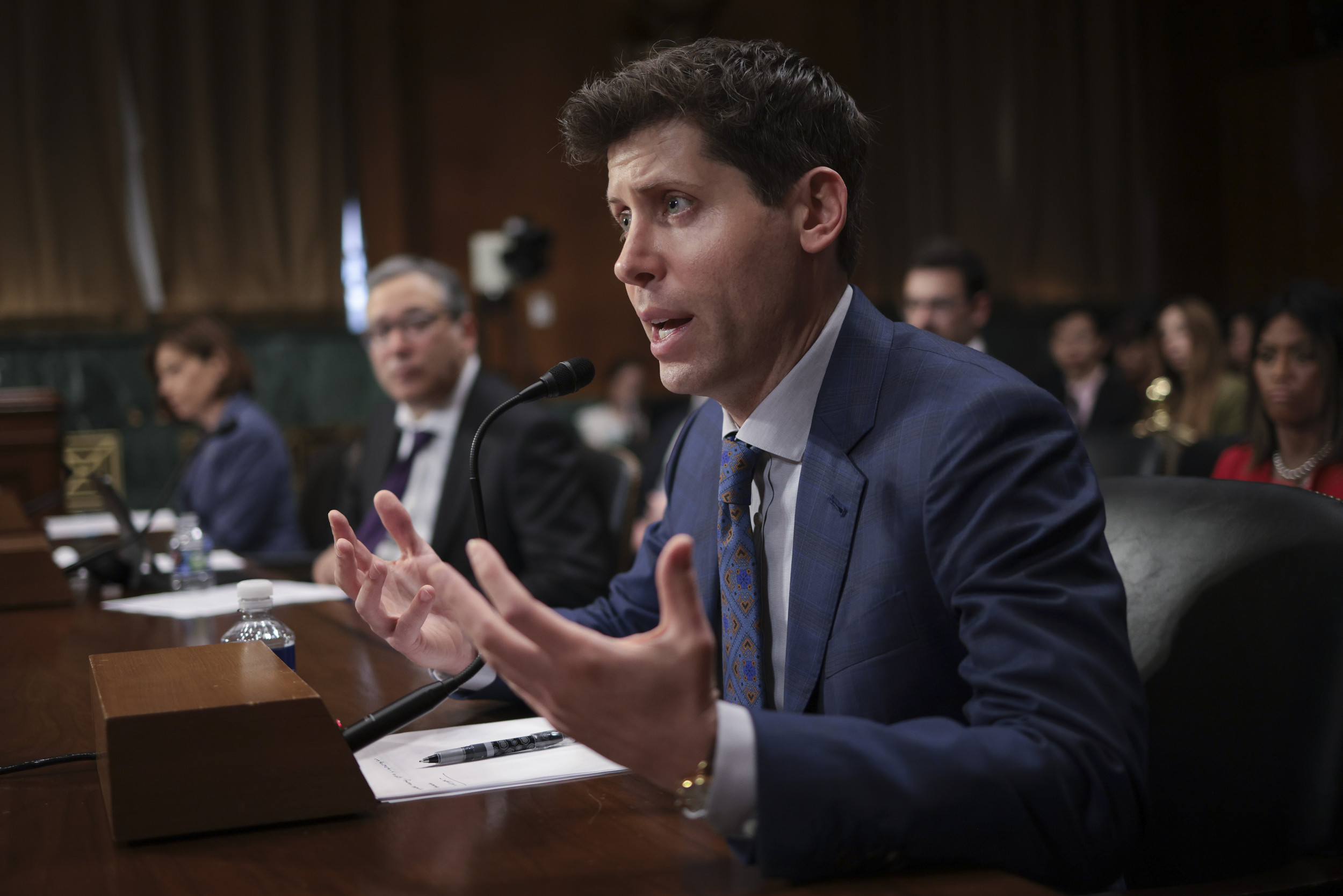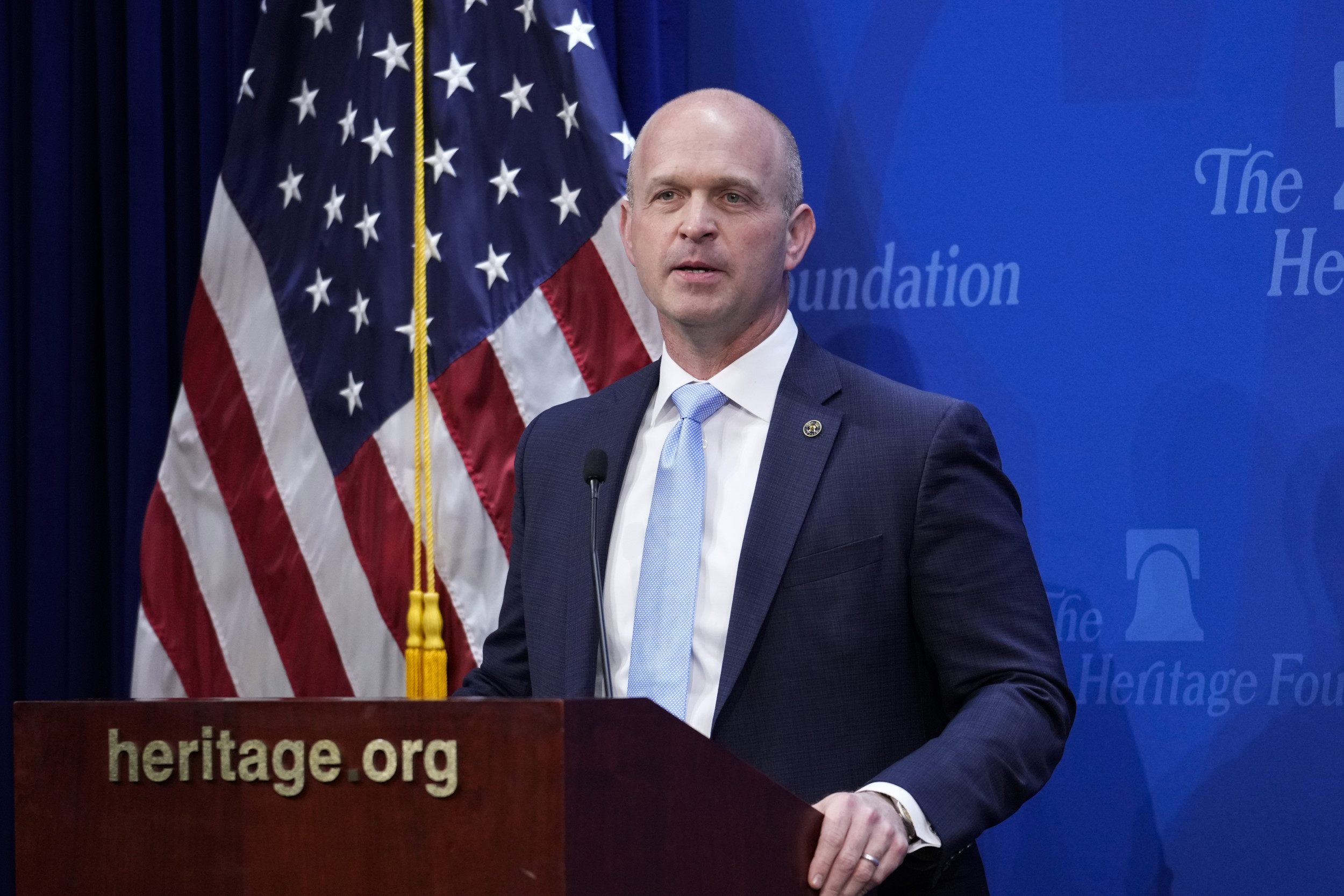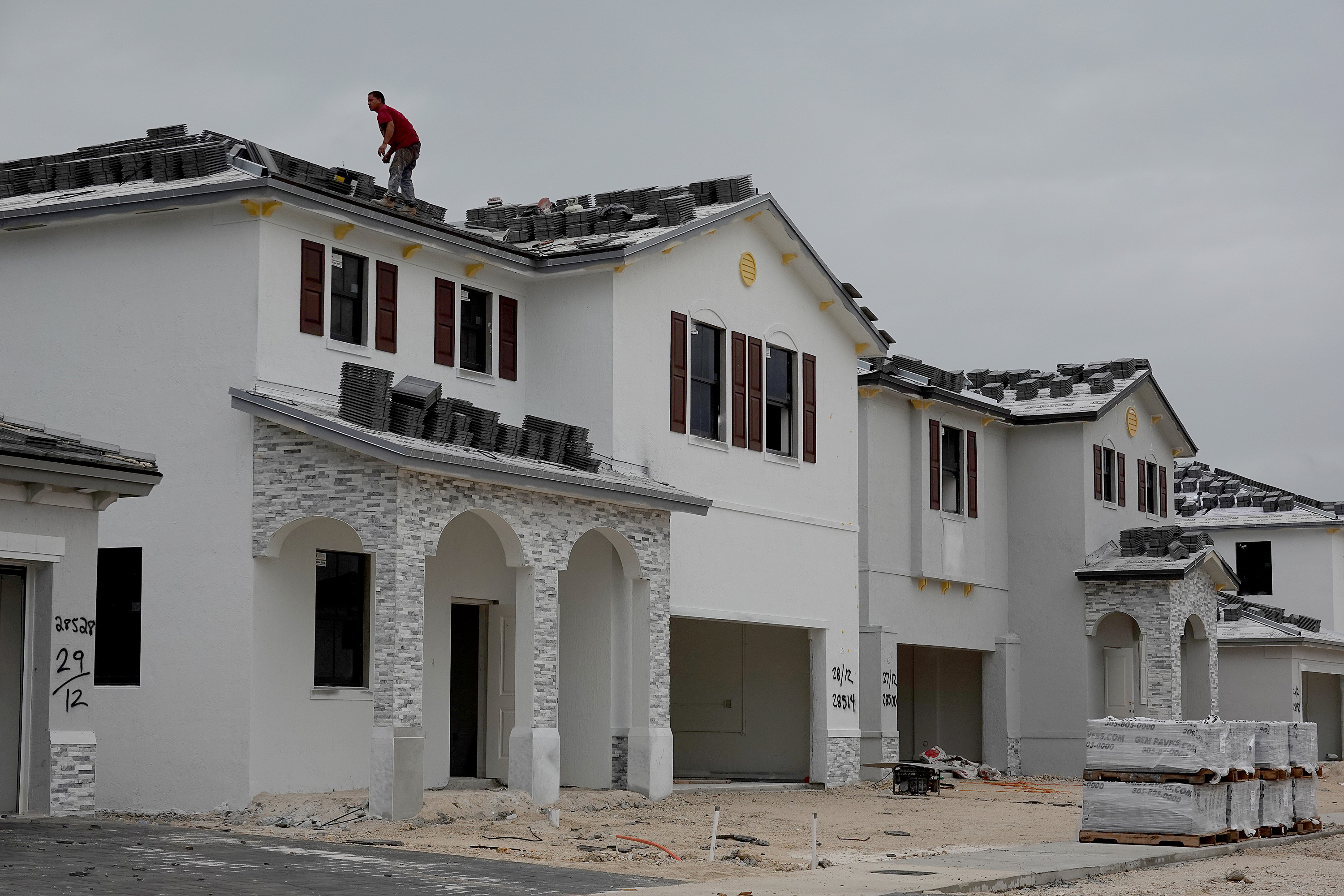So, this went down exactly as we thought it would—with the result as clear as the stew that it is.
Today, in Trump v. United States, in a 6-3 decision, the Supreme Court dropped a massive decision about presidential immunity, with their October 2023 term ticking exactly midnight.
As the last possible moment until the Supreme Court picks up again this October with regular business, the court ruled that while a president isn't protected from prosecution for personal actions, they are generally immune from legal trouble for official acts. This decision will be critically important moving forward for understanding the limits of presidential power, with major implications for the legal and political landscape in the U.S.

The Case and the Court's Rationale
This high-profile case involved allegations of misconduct by a sitting president. The plaintiffs claimed that the president should be held accountable for actions that were personal and not related to official duties. The president's legal team argued that the president had broad immunity from prosecution during their time in office, regardless of the nature of the acts.
The Supreme Court's majority decision, led by Chief Justice Roberts, attempts to draw a clear line between official and personal acts but, in my opinion, fails to do so. The court emphasized that a president must be able to perform their duties without the constant threat of legal action, which could hinder their ability to govern. However, they also made it clear that this immunity does not cover personal conduct that has nothing to do with the office.
The Legal Implications
This case is obviously rife with profound legal implications that will impact not only the rest of the cases against former President Donald Trump moving forward but the nature of presidential power.
The ruling clearly outlines the scope of presidential immunity. Official acts, which are part of the president's job, are generally immune from prosecution. This immunity can only be challenged in extreme cases where there is clear evidence of criminal conduct related to official actions. On the other hand, personal acts, those done outside of official responsibilities, do not have this immunity. This ensures that a president can't escape accountability for personal misconduct just because they hold office.
The decision also strengthens the principle of separation of powers by making sure the executive branch isn't above the law. It confirms that the judiciary can handle cases involving the president if these cases are about personal conduct. This acts as a check on executive power, preventing potential abuses and ensuring that no one, no matter their position, is above the law.
Future presidents will know that while their official actions are protected to help them govern effectively, their personal actions are subject to legal accountability. This could lead to more careful behavior by presidents in their personal dealings, knowing they don't have blanket immunity.
Even more importantly, this ruling will impact current and future investigations into presidential conduct. Investigators and prosecutors will need to clearly distinguish between official and personal actions when considering charges. This could lead to more precise and narrowly focused investigations, ensuring that only personal misconduct is pursued in court while respecting the president's official duties.
The Political Implications
The decision is likely to affect how the public views presidential accountability. By stating that presidents are not immune from prosecution for personal acts, the court has shown that the highest office in the land is subject to the same legal standards as everyone else. This could increase public trust in the judicial system and in the principle of equal justice under the law.
The evolution of this decision could mean that presidential candidates will face greater scrutiny regarding their personal conduct. Knowing that personal actions are not protected by immunity could lead to more thorough vetting and transparency during campaigns. Candidates will need to demonstrate their qualifications, policies, personal integrity, and lawfulness.
The ruling could also empower Congress in its oversight functions. Lawmakers may feel more confident investigating personal misconduct by the president, knowing that such actions are not shielded by immunity. This could lead to stronger checks and balances between the branches of government, promoting greater accountability.
But where this all leaves us is in the aforementioned stew, the depth of which we find on pages 29 and 30 of Justice Sotomayor's dissent
Let the President violate the law, let him exploit the trappings of his office for personal gain, let him use his official power for evil ends. Because if he knew that he may one day face liability for breaking the law, he might not be as bold and fearless as we would like him to be. That is the majority's message today.
Even if these nightmare scenarios never play out, and I pray they never do, the damage has been done. The relationship between the President and the people he serves has shifted irrevocably. In every use of official power, the President is now a king above the law.
I have never seen language like this in a Supreme Court and that's what I'm left with once we peel back the requisite dispassionate layers of a first reading through a case such as this. The long-term consequences from this decision do potentially, as Sotomayor explains, insulate a president from liability and create a sort of "law-free zone" around said president. That an actual Supreme Court justice used such powerful and arguably incendiary language while the majority of the court takes the position that the allegations against former president Trump really weren't that big of a deal is literally shocking—and is evidence enough that you should all read this decision.
Some legal experts will surely argue that the decision doesn't clearly define what counts as official versus personal acts, which could lead to confusion and disputes in future cases. Other legal experts will wring their collective hands that the ruling could be used politically to harass a sitting president. Anyone closely observing all of this in today's political climate will question the possibility that legal action against a president based on personal conduct could be exploited by political opponents to distract or undermine the president.
Ultimately, what today's decision means is that there will not be an actual trial against former President Trump on the immunity issue before the November election—this you can take to the bank. There could and should be hearings but getting to an actual trial before November just isn't going to happen.
A Pulitzer Prize-nominated writer, Aron Solomon, JD, is the chief strategy officer forAmplify. He has taught entrepreneurship at McGill University and the University of Pennsylvania, and was elected to Fastcase 50, recognizing the top 50 legal innovators in the world. Aron has been featured in Newsweek, Fast Company, Fortune, Forbes, CBS News, CNBC, USA Today, ESPN, Abogados, Today's Esquire, TechCrunch, The Hill, BuzzFeed, Venture Beat, The Independent, Fortune China, Yahoo!, ABA Journal, Law.com, The Boston Globe, and many other leading publications across the globe.
The views expressed in this article are the writer's own.
Uncommon Knowledge
Newsweek is committed to challenging conventional wisdom and finding connections in the search for common ground.
Newsweek is committed to challenging conventional wisdom and finding connections in the search for common ground.





